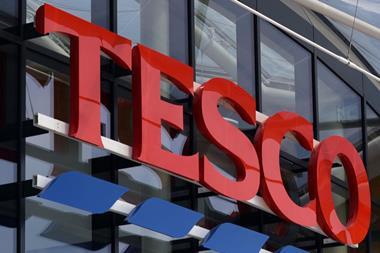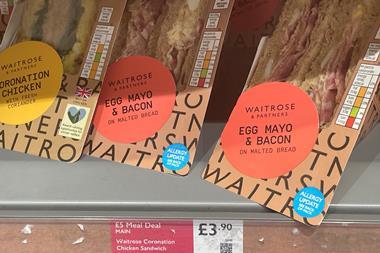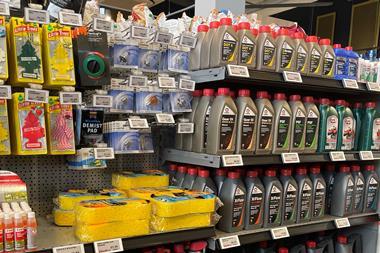Well, what a pleasant surprise for a change. Just when the industry was going about its business and had given up expecting any kind of assistance in ensuring fair trading, up popped a European Commission inquiry into alleged oil-price fixing (see News Extra, page 10).
How did we know? Because there were raids yes, actual raids on major oil company offices in the UK and Norway, as well as at price-reporting agency Platts. You can almost hear the rousing theme tune to some American cop series, as the cars screech up, all flashing lights and burning tyres, and some hero officers (in this case EC ’agents’) march in and drag the little whatsit traders out by the scruff of their necks, followed by a stream of people carrying cardboard boxes.
I may be exaggerating... But in terms of the reaction from the industry there was a collective hooray. Fuel retailers, who are at the mercy of the volatile oil prices which are left after the oil traders have had their fun, have long felt angered about the system that determines the prices.
They partly blame the changes oil market information agency Platts made to its price reporting system more than 10 years ago. They say the cost they pay for the fuel, bears no relation to the actual cost of the fuel, based on supply and demand; instead it is based on the heavily traded market price of a few cargoes of fuel bobbing about in the North Sea.
No one seems to know what triggered the inquiry, which seemingly came out of the blue. But a week after the raids, Reuters reported that a commodities trader had filed a US lawsuit against Statoil, Shell and BP, accusing the companies of colluding to fix prices in North Sea Brent crude oil. Wow! Needless to say, the EC inquiry has been roundly welcomed here, with some hoping it may prompt a re-think by the OFT. And the good old PRA has stepped up, offering evidence to help put the boot in.
Meanwhile, see our website for a new service wholesale fuel prices from Argus.






























No comments yet